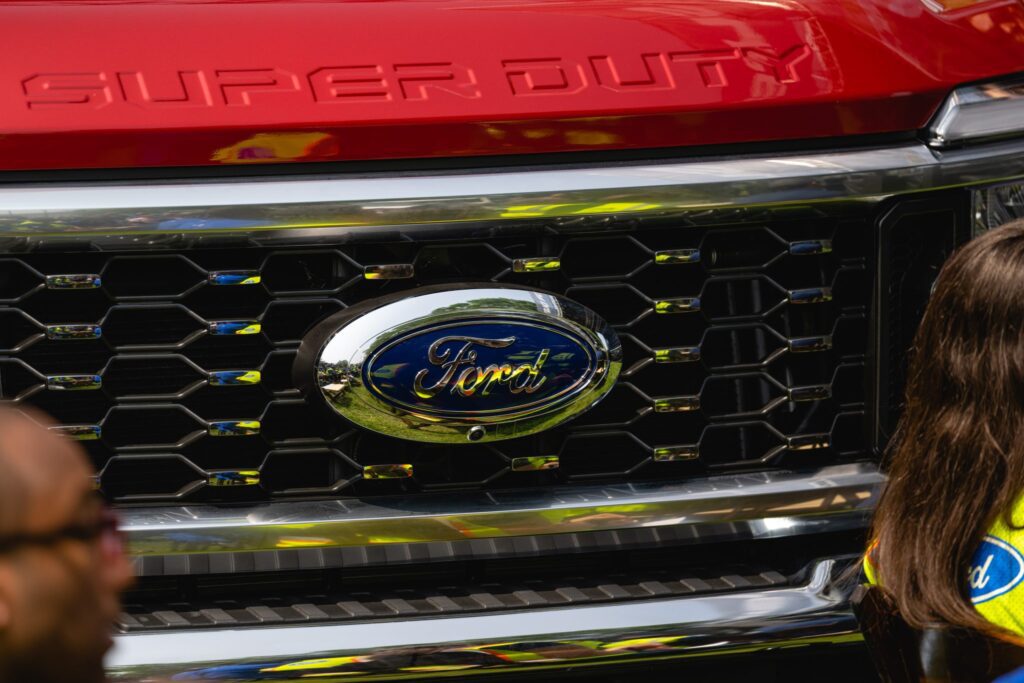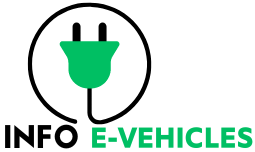In an unexpected hurdle for Ford‘s foray into the electric vehicle (EV) era, a substantial segment of its US dealership network is displaying reluctance towards the automaker’s ambitious push into the electric market. Recent reports reveal that nearly half of Ford’s dealerships in the United States are opting out of the company’s aggressive EV program set for 2024, indicating a preference to exclusively focus on selling combustion-powered and hybrid vehicles.


Dealer Reluctance to Embrace Model e Program
Last year, Ford’s CEO, Jim Farley, expressed optimism, noting that the company had secured commitments from approximately two-thirds of its dealers for the anticipated “Model e” program. However, as the transition unfolds, only 50% of Ford’s 3,100 dealerships have embraced the Electric Vehicle initiative, leaving 1,550 dealers without access to Ford’s electric vehicle lineup. Marty Gunsberg, a spokesperson for Ford, confirmed this shift in dealer sentiment in a statement to the Detroit Free Press.
Gunsberg highlighted the regional variations in EV adoption rates across the country, emphasizing Ford’s belief in its dealers’ understanding of their respective markets. According to him, the enrollment for 2024 stands at just over 50% of the network, ensuring that 86% of the population resides within 20 miles of a Ford dealership capable of selling and servicing a Ford EV. Additionally, Gunsberg acknowledged that some dealers chose to withdraw from the Model e program, signaling a broader hesitancy within Ford’s dealer network.
Financial Hurdles in EV Transition
One significant factor contributing to this resistance is the financial burden placed on dealers opting for the Model e program. Initially, Ford required dealers to invest between $500,000 and $1.2 million in EV charging infrastructure, a condition for selling electric vehicles. This decision triggered significant backlash, including lawsuits. In response, Ford has adjusted its approach, easing requirements for charging stations and lowering associated costs to alleviate dealer concerns.
Industry-Wide Resistance: GM’s Buick Struggles
Interestingly, Ford’s struggles are not unique. General Motors (GM), Ford’s chief rival, is grappling with a similar situation regarding its Buick brand. Reports indicate that close to half of the approximately 1,000 Buick dealerships have chosen to opt out of GM’s all-electric plans, opting to sever ties with the automaker.
Conclusion
Ford’s transition to an electric future is encountering unexpected resistance from its dealership network. The reluctance of nearly half of its dealers to embrace the Model e program reflects broader challenges in aligning traditional dealerships with the demands of the evolving automotive landscape. Ford’s efforts to navigate this landscape involve adapting its initial stringent requirements to better accommodate dealers, recognizing the financial strains they may face. The industry-wide nature of this resistance, mirrored in General Motors’ experience, suggests a collective apprehension within the automotive retail sector regarding the shift to electric vehicles.
Mercedes Granted Approval for Turquoise Signals in Autonomous Driving Mode
Volkswagen Implements Strategic Workforce Reduction to Enhance Performance and Cut Costs
SOURCE : TESLARATI
FAQs
Why are Ford dealerships resisting the Model e program?
Ford dealerships are facing resistance due to the substantial financial investments initially required for EV charging infrastructure. Many dealers found the costs prohibitive, leading to backlash and even legal challenges.
Is Ford the only automaker facing dealer resistance in the transition to electric vehicles?
No, General Motors, Ford’s main competitor, is also experiencing resistance with its Buick brand. Almost half of the approximately 1,000 Buick dealerships have opted out of GM’s all-electric plans. This suggests a broader industry trend.
What prompted Ford dealerships to opt for combustion-powered and hybrid vehicles instead of embracing the Model e program?
The decision by Ford dealerships to focus on combustion-powered and hybrid vehicles is primarily influenced by financial considerations and the initial investment required for certain infrastructure, as discussed in the article. It reflects their strategic response to evolving market dynamics.
How is Ford addressing the concerns raised by its dealers regarding the Model e program?
Ford has taken steps to alleviate dealer concerns by revising its requirements for charging stations and reducing associated costs. The company aims to strike a balance between its electric vehicle ambitions and the practical considerations raised by its dealership network.
Are the challenges faced by Ford’s dealers specific to certain regions, or is it a widespread issue?
The article points out regional variations in EV adoption rates, emphasizing that Ford dealerships are making decisions based on their understanding of local markets. This suggests that the challenges are not confined to a particular region but have a broader industry impact.
